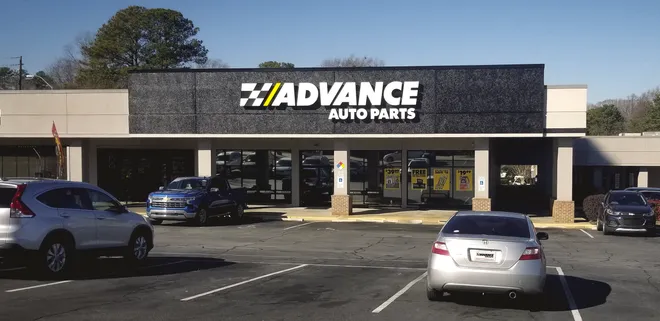In today’s fast-paced business landscape, efficiency and accuracy are everything. Advance auto closing has emerged as a critical solution for companies seeking to streamline operations, reduce human error, and save valuable time. Whether you work in finance, real estate, retail, or any other industry, understanding how auto closing works can give you a competitive edge.
This article explores what advance auto closing is, its benefits, common use cases, and best practices for successful implementation.
What Is Advance Auto Closing?
Advance auto closing refers to automated systems or processes that complete routine tasks or transactions without manual intervention once predefined conditions are met.
In financial terms, this often means automatically closing accounting periods, financial statements, or transactions. In retail or ecommerce, it may refer to auto-closing carts, orders, or customer service tickets after a set period.

Key Benefits of Advance Auto Closing
Implementing auto closing in your operations offers several benefits:
1. Improved Efficiency
Manual closing processes can be slow and error-prone. Auto closing streamlines tasks, saving hours or even days of work.
2. Reduced Human Error
Automation minimizes the risk of mistakes like missing entries, miscalculations, or overlooking tasks.
3. Cost Savings
Less manual intervention means reduced labor costs and better resource allocation.
4. Enhanced Compliance
In industries like finance, timely and accurate closing is crucial for meeting regulatory requirements.
5. Better Customer Experience
In ecommerce or service industries, timely auto closing of orders or tickets ensures customers get faster resolutions.
Common Use Cases Across Industries
Finance & Accounting
- Auto-close monthly, quarterly, or annual books
- Close out transactions after reconciliation
- Automate reporting and compliance tasks
Retail & Ecommerce
- Auto-close abandoned carts after a set period
- Finalize and ship orders without manual checks
- Auto-close support tickets after resolution
Real Estate
- Automate closing of escrow or contracts once conditions are met
- Finalize property transactions with minimal delays
IT & Customer Support
- Auto-close support tickets when no further customer input is needed
- Automate service request closures after completion
How Advance Auto Closing Works

Auto closing systems use software configured with business rules. Here’s a general workflow:
- Define Rules & Conditions
Set parameters such as dates, thresholds, or triggers for closing. - Integrate Systems
Connect your CRM, ERP, accounting, or ecommerce platforms. - Monitor Data in Real Time
Software tracks transactions or activities continuously. - Auto-Close When Conditions Are Met
Once rules are satisfied, the system closes the item and updates records. - Generate Reports
Post-closing, the system can create reports for audit and analysis.
Best Practices for Implementing Auto Closing
1. Start with a Pilot
Test automation on a small scale before a full rollout.
2. Clearly Define Rules
Ambiguous or overly complex rules can lead to errors. Keep it simple and precise.
3. Train Your Team
Ensure employees understand how the system works and how to troubleshoot issues.
4. Monitor & Review
Regularly review auto-closing processes to refine rules and improve outcomes.
5. Ensure Compliance
Work with legal or compliance teams to make sure automated processes meet regulatory standards.
Tools & Software for Auto Closing
Several tools support advance auto closing depending on your industry:
- Finance: QuickBooks, NetSuite, SAP
- Ecommerce: Shopify, WooCommerce, Magento
- CRM/IT: Salesforce, Zendesk, Freshdesk
Selecting the right tool depends on your size, complexity, and industry-specific needs.
Challenges & How to Overcome Them
While auto closing offers many benefits, it’s not without challenges:
- Integration Complexity: Invest in middleware or APIs to ease integration.
- Initial Setup Time: Dedicate time upfront for configuration and testing.
- Resistance to Change: Communicate benefits to your team to build buy-in.
With proper planning, these challenges can be managed successfully.
Future Trends in Auto Closing
Looking ahead, we can expect:
- AI-Powered Automation
More intelligent, predictive auto-closing processes. - Greater Customization
More granular control over rules and conditions. - Improved Analytics
Deeper insights into closing performance and bottlenecks.
Conclusion
Advance auto closing is transforming how businesses operate, offering speed, accuracy, and significant cost savings. By understanding its benefits, applications, and best practices, you can confidently adopt automation to stay ahead in your industry.
If you’re considering automation, now is the time to explore how advance auto closing can fit into your workflows.
For more click here –Massive Ford Recall Affects 90,000 Cars – Could Your Vehicle Be at Risk






